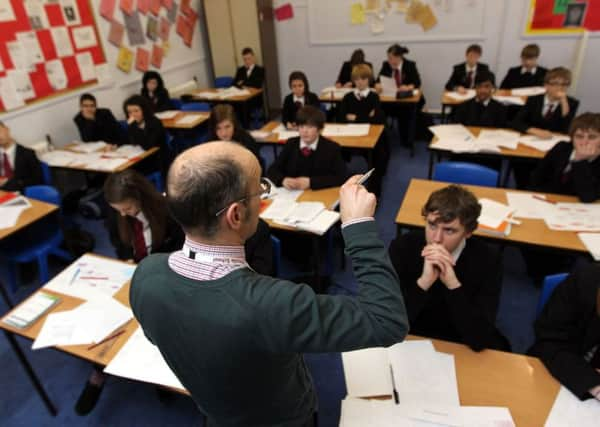So, what exactly is an academy and how does the system work?


But exactly what is an academy?
Academies are publicly-funded independent schools which receive their money directly from government instead of the local council. Although the day-to-day running of the school remains with the head teacher or principal, they are overseen by individual charitable bodies called academy trusts and may be part of a multi-academy chain.
Some have sponsors such as businesses, universities, other schools, faith groups or voluntary groups. Sponsors are responsible for improving the performance of their schools and provide advice, support and expertise.
Advertisement
Hide AdAdvertisement
Hide AdThey have more freedom than other state schools over their finances and curriculum, and do not need to follow national pay and conditions for teachers. They can also set their own term times.
The policy, which originated under Labour, aimed to improve struggling schools, mainly in deprived areas.
And this continues under the sponsored-academy model, where failing schools are taken over and run by an academy trust.
But it has changed radically to embrace all types of schools - successful or otherwise.
Advertisement
Hide AdAdvertisement
Hide AdAll schools – primary as well as secondary – have been invited to convert to academy status, with priority being given to the best performers.
Regional School Commissioners were introduced in 2014 to approve academy conversions and monitor standards at academies and free schools in their areas.
There are eight regional commissioners, who each work with a small board of head teachers. They cover a large geographical area and act on behalf of the Secretary of State for Education.
For example, 25 local authority areas are covered by the Regional School Commissioner for Lancashire and West Yorkshire, Vicky Beer.